Let’s be real for a second—finding the best non comedogenic face moisturizer can feel like trying to find a comfy pair of jeans that actually fit. You know you need it, you know it’ll make your life better, but wow, the search can get messy. If you’ve ever slathered on a new cream, only to wake up with a breakout that makes you want to hide under the covers, you’re not alone. I’ve been there, and honestly, it’s the worst.
But here’s the thing: your skin, no matter how moody or unpredictable, still craves hydration. Even if you’re dealing with acne, oiliness, or that weird combination of dry patches and shiny spots (yeah, skin can be a drama queen), you deserve a moisturizer that works with you, not against you. So, let’s talk about how to find the right one—no fluff, no jargon, just real talk and a little bit of hope for your skin’s future.
What Does “Non Comedogenic” Really Mean? (And Why Should You Care?)
Okay, so you keep seeing this word—non comedogenic—on bottles and beauty blogs. But what does it actually mean? In plain English, it’s just a fancy way of saying, “Hey, this won’t clog your pores.” And if you’re like me and have ever had a breakout that seemed to come out of nowhere, you know how important that is.
Non comedogenic moisturizers are designed to let your skin breathe. They skip the heavy, greasy stuff that can trap oil and dead skin cells, which is what leads to those annoying little bumps (or big, angry pimples—ugh). But not all moisturizers are created equal, and some are sneakier than others when it comes to hiding pore-clogging ingredients.
How Do Non Comedogenic Moisturizers Work?
Think of your pores like tiny doorways. A good non comedogenic moisturizer is like a polite guest—it hydrates your skin, then leaves without blocking the exit. It uses lightweight, skin-friendly ingredients that soak in fast and don’t leave a greasy film behind. That means less chance of breakouts, and more chance of waking up with skin that feels soft, not suffocated.
Why Do Some Moisturizers Clog Pores?
Some moisturizers are packed with heavy oils, waxes, or silicones that can sit on top of your skin like a thick winter coat. If your skin is already oily or acne-prone, that’s basically an invitation for clogged pores and breakouts. It’s not that these ingredients are “bad” for everyone, but if you’re struggling with acne, they can make things worse.
Common Pore-Clogging Ingredients to Avoid
Watch out for things like coconut oil, lanolin, and certain silicones (like dimethicone) if you’re prone to breakouts. Even some “natural” ingredients can be sneaky culprits. Always check the label, and if you see something you don’t recognize, a quick search can save you a lot of trouble later.
How to Read a Moisturizer Label Like a Pro
Here’s a trick: look for products that actually say “non comedogenic” on the label. But don’t stop there—scan the ingredient list for anything that’s known to clog pores. If you’re not sure, there are online databases that rate ingredients for comedogenicity (fancy word, but super helpful). It’s a little extra work, but your skin will thank you.
Why Hydration Matters for Acne-Prone and Sensitive Skin
Let’s bust a myth right now: skipping moisturizer will not make your skin less oily or less prone to breakouts. In fact, it can do the opposite. When your skin gets too dry, it freaks out and produces even more oil to compensate. That’s how you end up with both dry patches and breakouts—talk about unfair.
Can Skipping Moisturizer Make Acne Worse?
Absolutely. I learned this the hard way in my early twenties, when I thought drying out my skin would “fix” my acne. Spoiler: it didn’t. My skin just got angrier, redder, and more unpredictable. Hydration helps keep your skin barrier strong, which means fewer breakouts and less irritation overall.
How Does Hydration Help with Dull, Oily, or Sensitive Skin?
When your skin is properly hydrated, it looks brighter, feels softer, and is less likely to freak out over every little thing. If you’re dealing with dullness, a good moisturiser for dull skin can make a world of difference. And if you’re oily or sensitive, the right non comedogenic moisturizer can balance things out without making you feel greasy or irritated.
Real-World Stories: What Happened When I Switched to a Non Comedogenic Moisturizer
I’ll never forget the first time I tried a truly non comedogenic moisturizer. My skin felt calm, not tight or shiny, and after a few weeks, my breakouts actually started to fade. It wasn’t magic, but it was the closest thing I’d found to a miracle in a bottle. If you’ve got a story like this, I’d love to hear it—seriously, share it in the comments!
Dermatologist Insights: The Science Behind Skin Hydration
According to the American Academy of Dermatology, keeping your skin hydrated helps maintain its protective barrier, which is key for preventing both dryness and breakouts. Dermatologists often recommend non comedogenic moisturizers for anyone with acne-prone or sensitive skin, because they deliver moisture without the risk of clogging pores.
How to Choose the Best Non Comedogenic Face Moisturizer for Your Skin Type
Here’s where things get personal. The best non comedogenic face moisturizer for you depends on your unique skin type and what you’re hoping to achieve. Are you oily, dry, sensitive, or somewhere in between? Let’s break it down.
Best Face Moisturizers for Oily Skin
If your skin is oily, you want something lightweight—think gel or water-based formulas. Look for words like “oil-free” and “mattifying.” These moisturizers hydrate without adding extra shine, and they won’t clog your pores. Some of my favorites have ingredients like hyaluronic acid or glycerin, which pull water into your skin without making it greasy.
Best Moisturizer for Dry Skin
Dry skin needs a little more TLC. You want a moisturizer that’s rich enough to soothe flakiness, but still non comedogenic. Look for ceramides, squalane, or shea butter (in small amounts). These ingredients help lock in moisture and repair your skin barrier, so you wake up with skin that feels soft, not tight.
Best Face Moisturizers for Sensitive Skin
Sensitive skin is all about keeping things simple. Avoid fragrances, dyes, and harsh preservatives. A good non comedogenic moisturizer for sensitive skin will have a short ingredient list and focus on calming, soothing ingredients like aloe vera or oat extract. If you’re not sure, patch test first—your skin will let you know if it’s happy.
Best Moisturizers for Mature Skin
Mature skin often needs extra hydration and a little help with elasticity. Look for non comedogenic moisturizers that include antioxidants (like vitamin C or E), peptides, or gentle retinoids. These can help smooth fine lines and keep your skin looking plump, without causing breakouts.
Comparison Table: Top Picks for Every Skin Type
| Skin Type | Recommended Texture | Key Ingredients | Why It Works |
|---|---|---|---|
| Oily | Gel, Water-based | Hyaluronic Acid, Glycerin | Hydrates without shine, won’t clog pores |
| Dry | Cream, Lotion | Ceramides, Squalane | Locks in moisture, repairs barrier |
| Sensitive | Lotion, Lightweight Cream | Aloe Vera, Oat Extract | Soothes, calms, minimal irritation |
| Mature | Cream | Antioxidants, Peptides | Firms, smooths, hydrates deeply |
Ingredients to Look For (and Avoid) Based on Your Skin’s Needs
For oily skin, stick with non comedogenic oils (like jojoba or squalane) and avoid heavy butters. For dry skin, don’t be afraid of richer textures, but make sure they’re labeled non comedogenic. Sensitive skin? Less is more—avoid alcohols and fragrances. Mature skin? Antioxidants are your friend, but skip anything that feels too heavy or greasy.
How to Patch Test a New Moisturizer Safely
Here’s a quick tip: before slathering a new product all over your face, dab a little on your jawline or behind your ear. Wait 24 hours. If your skin is happy, you’re good to go. If not, no harm done—just wash it off and try something else. Your skin is unique, and it deserves a little patience.
Balancing Benefits and Risks: What You Need to Know
Let’s be honest—no product is perfect for everyone. Even the best non comedogenic face moisturizer might not work for every single person. That’s why it’s important to know both the upsides and the possible downsides, so you can make the best choice for your skin.
Are There Any Downsides to Non Comedogenic Moisturizers?
For most people, non comedogenic moisturizers are a safe bet. But sometimes, even these can cause irritation if you’re allergic to a specific ingredient. And just because something is non comedogenic doesn’t mean it’s right for your skin type—always listen to your skin, and don’t be afraid to switch things up if something isn’t working.
Can You Use Them with Other Skincare Products?
Absolutely! In fact, a good non comedogenic moisturizer can be the backbone of your routine. Just remember to layer products from thinnest to thickest—serums first, then moisturizer, then sunscreen. And if you’re using acne treatments or retinoids, a gentle moisturizer can help prevent dryness and irritation.
Tips for Building a Simple, Effective Skincare Routine
Keep it simple: cleanse, moisturize, protect. That’s it. You don’t need a 10-step routine to have great skin. Find a best non comedogenic face moisturizer that works for you, and stick with it. Your skin will thank you for the consistency.
When to See a Dermatologist
If you’ve tried everything and your skin still isn’t happy, don’t be afraid to ask for help. Dermatologists are like skin detectives—they can help you figure out what’s really going on and recommend products that are tailored to your needs. Sometimes, a little expert advice is all it takes to get your skin back on track.
Conclusion: Your Skin, Your Rules—But You’re Not Alone
So, here’s the bottom line: finding the best non comedogenic face moisturizer is about more than just avoiding breakouts. It’s about giving your skin the love and care it deserves, no matter what it’s going through. Whether you’re oily, dry, sensitive, or somewhere in between, there’s a moisturizer out there that can help you feel confident and comfortable in your own skin.
Remember, everyone’s skin is different, and what works for your best friend might not work for you. That’s okay! Take your time, listen to your skin, and don’t be afraid to experiment until you find your perfect match. And if you ever feel lost or overwhelmed, just know—you’re not alone. We’re all figuring it out together, one moisturizer at a time.
What’s your experience with non comedogenic moisturizers? Got a favorite you swear by, or a horror story you want to share? Drop a comment below—I’d love to hear from you. And if you have any questions, don’t hesitate to ask. Your skin journey is unique, and I’m here to help you every step of the way.

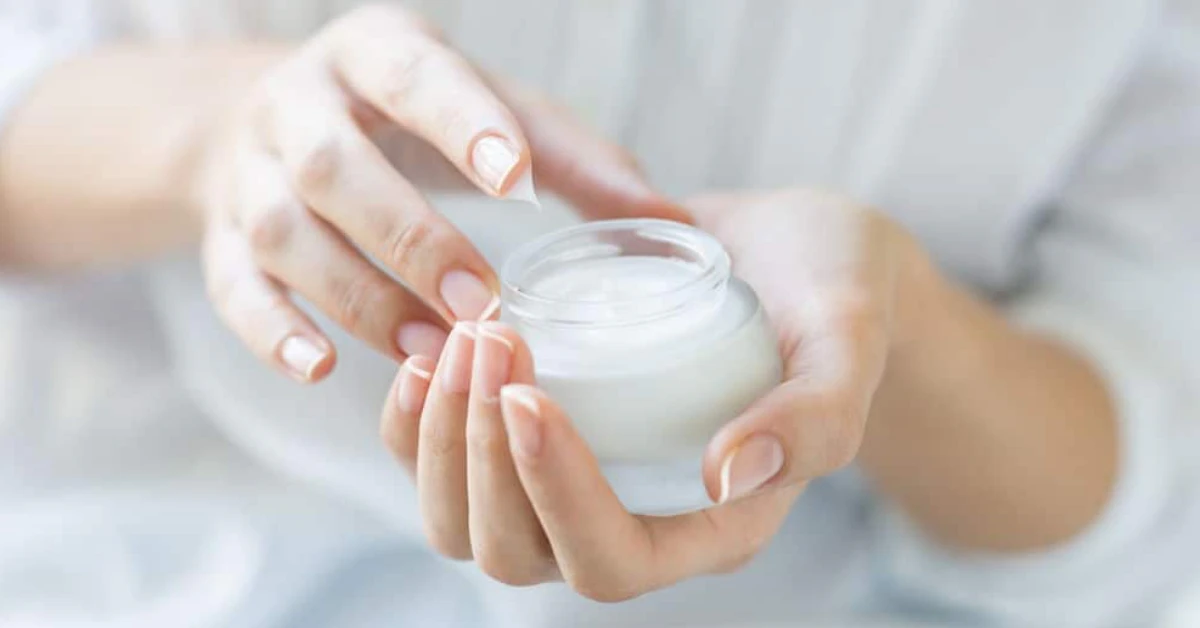

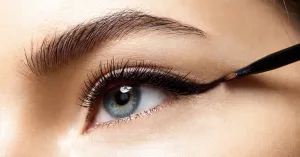
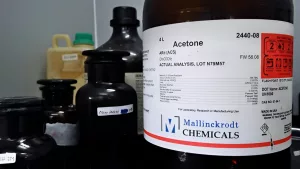


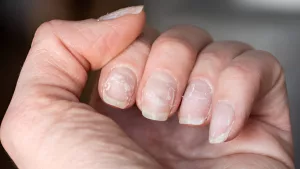
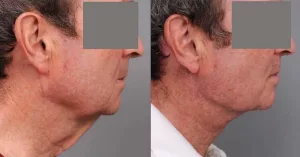


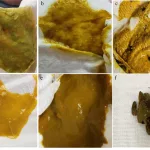





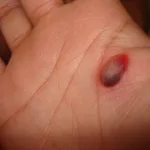


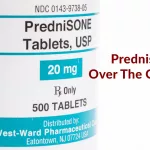
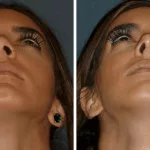
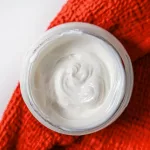
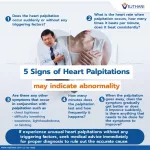

Leave a Reply
You must be logged in to post a comment.